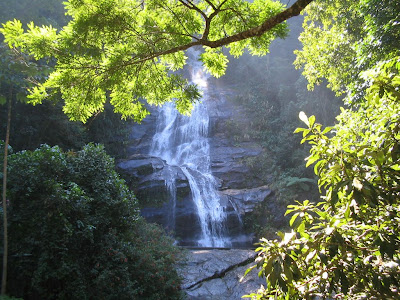On previous posts, we presented some clean ways to obtain energy and some suggestions for consuming it profitably. However, saving energy isn’t enough.
Besides that, we must save the most precious liquid on Earth. No, it isn’t petroleum. It is water, fresh water. You may ask: “Isn’t it a renewable resource? Why should we save something unlimited?”
Well, water has been considered as a renewable resource. Actually, it covers 3/4 of Earth’s surface. But is fresh water renewable? If we realized that less than 1% of water is accessible and drinkable and that a 1/3 of Humankind doesn’t have enough fresh water for its basic needs, we may ask “no” to that question.
Besides, in some parts of the world, water is being consumed faster than nature can produce it, which is in opposition to the definition of a renewable resource.
Not only does mankind consume too much water, but it also pollute it. As we saw before, water pollution has serious consequences for the environment and for human beings.
So, we must do something now to reverse this situation, otherwise we will face an unprecedented shortage of fresh water. In other to save water, there are several little actions you can do, which will reduce not only the waste of water but also your water account. You can find great suggestions through this link: http://www.savewater.com.au/

